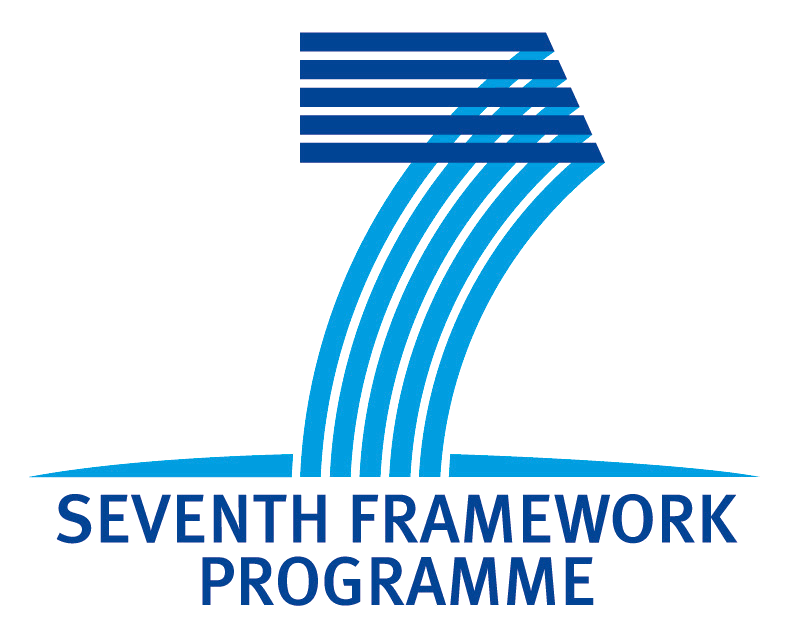Events
The 1st project meeting of MOLTO will take place in Varna, Bulgaria, on 8-10 September 2010.
La Indústria de la Traducció entre Llengües Romàniques (The industry of translation among romance languages) is a workshop organised within the XXVI Philology and Romance Linguistics Meeting at Valencia (Spain) on September 2010.
The UPC group has been asked to present the MOLTO project as an example of a translation project which deals with romance languages (among others).
You can visit the conference web: http://www.upv.es/contenidos/JORTRAD/info/indexnormalv.html
The MOLTO EU project is holding its first project meeting in Varna between 8-10 September, 2010. The first day of the meeting is open to interested participants from outside the MOLTO Consortium. It will present the project, its goals and current ongoing work.
The 1st project meeting of MOLTO will take place in Varna, Bulgaria, on 8-10 September 2010.
The 1st project meeting of MOLTO will take place in Varna, Bulgaria, on 8-10 September 2010.
2nd Call for Extended Abstracts
(deadline for submissions postponed to 28 May 2010)
CNL 2010 2nd Workshop on Controlled Natural Languages
http://staff.um.edu.mt/mros1/cnl2010
Marettimo Island, Sicily (Italy) 13-15 September 2010
Controlled natural languages (CNLs) are subsets of natural languages, obtained by restricting the grammar and vocabulary in order to reduce or eliminate ambiguity and complexity.
2nd Call for Extended Abstracts
(deadline for submissions postponed to 28 May 2010)
CNL 2010 2nd Workshop on Controlled Natural Languages
http://staff.um.edu.mt/mros1/cnl2010
Marettimo Island, Sicily (Italy) 13-15 September 2010
Controlled natural languages (CNLs) are subsets of natural languages, obtained by restricting the grammar and vocabulary in order to reduce or eliminate ambiguity and complexity.
2nd Call for Extended Abstracts
(deadline for submissions postponed to 28 May 2010)
CNL 2010 2nd Workshop on Controlled Natural Languages
http://staff.um.edu.mt/mros1/cnl2010
Marettimo Island, Sicily (Italy) 13-15 September 2010
Controlled natural languages (CNLs) are subsets of natural languages, obtained by restricting the grammar and vocabulary in order to reduce or eliminate ambiguity and complexity.
Chalmers University of Technology
7-8 October 2010
Messi is a research group at the University of Tampere that does research, amongst other things, on software requirements. Messi is looking for an advanced language technology to help manage software requirements and to create some formal presentations for them. Jyrki Nummenmaa will visit Chalmers on 7-8 October to discuss how GF/MOLTO could fulfill the Messi requirements.
Draft schedule
- bilateral meetings between Jyrki and X (where X is any of you)
- Fri, 8 Oct.
Chalmers University of Technology
7-8 October 2010
Messi is a research group at the University of Tampere that does research, amongst other things, on software requirements. Messi is looking for an advanced language technology to help manage software requirements and to create some formal presentations for them. Jyrki Nummenmaa will visit Chalmers on 7-8 October to discuss how GF/MOLTO could fulfill the Messi requirements.
Draft schedule
- bilateral meetings between Jyrki and X (where X is any of you)
- Fri, 8 Oct.
The 9th International Conference on Computational Semantics will be held in Oxford, UK, January 12–14, 2011. The conference will take place at the Computing Laboratory at the University of Oxford.
http://www.meaningfactory.com/iwcs2011/cfp.html
The aim of the IWCS conference is to bring together researchers interested in any aspects of the computation, annotation, extraction, and representation of meaning in natural language, whether this is from a lexical or structural semantic perspective.


